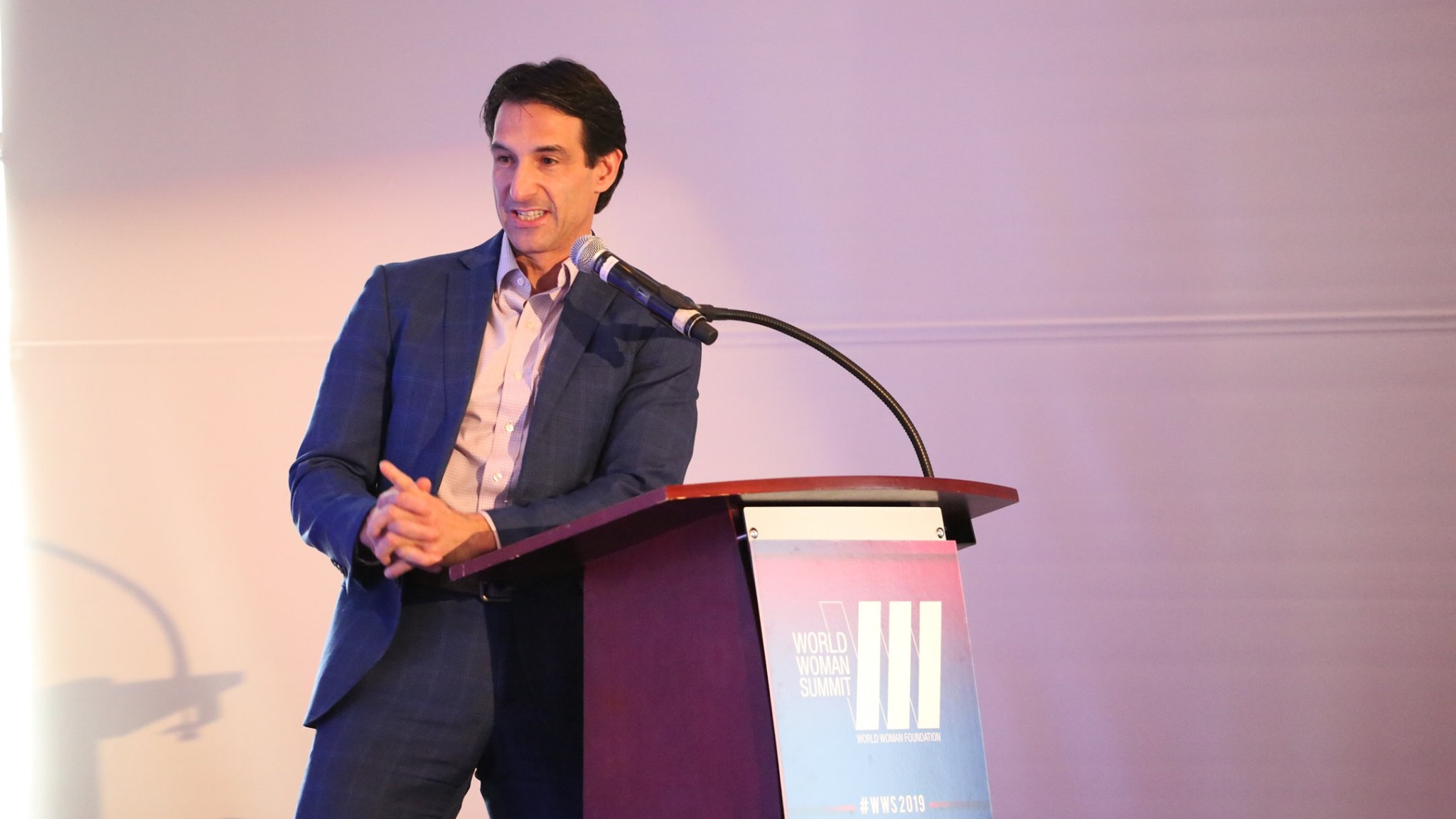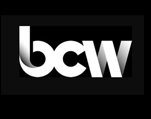The Copperbelt region in the north of Zambia is known for one thing – mining. So, when a group of women from the area declared that they wanted to farm, you can imagine most people’s reaction.
Dorothy Musenge Manda, who was part of that group said: “the hardest challenge we had when we started here was having a meal on the table. We didn’t know how to till the land. We had to have a plan”.

Together with other members of her community, Dorothy joined a local group that was put in contact with Heifer International’s team in Zambia. We provided training over a period of eight months, and 20 women were given 20 heifers, which proved to be the start of a much bigger dairy business. With ongoing support from Heifer and other organizations, the women went on to form Fisenge Dairy Cooperative Union, the first women-owned and run cooperative in Zambia.
This was back in 2005. Since then, the women have grown their business into a much bigger operation. Today, the cooperative has more than 400 members with 4,000 cows. It has established a series of satellite collection hubs – so farmers travel shorter distances to deliver their milk, reducing the risk of it spoiling – which then connect into the main milk collection hub. Milk is collected twice a day, quality checked, chilled, and then sold directly to Parmalat – one of the world’s largest dairy companies.
By selling directly to the dairy through the cooperative, the women get a better price for their milk. They also get access to credit, farming inputs, and other goods and services needed to grow their businesses. With the income from the milk, the women have been able to expand their farms, build new houses and send their kids to school. And as their farms have continued to grow and incomes increase, their husbands have been able to leave the mines and join their wives’ farming businesses.
Beyond income, studies have also shown improvements in nutrition, and women now have a greater say in household and community decision making. “Poverty has been reduced and the women in the areas have gained self-confidence and independence,” said Effatah Jele, a founding member of the cooperative.
Fisenge is one of the thousands of cooperatives we work with in 21 countries around the world, including the United States. Whether they raise chickens, goats, cows, or grow crops like basic grains and vegetables, membership of a cooperative helps farmers get a better price for their products and gives them access to other services like quality feed, veterinary care and credit.
We focus on women farmers in particular, because we know they invest up to 90% of their income back into their families. When women have control over farm assets and the income their businesses generate, whole communities flourish. In India, Kenya and Mexico we’re working alongside women farmers as they expand their poultry farms in a sustainable way, producing nutritious eggs and meat that are eaten at home or sold in local markets. In Guatemala, we’re partnering with indigenous women as they build businesses producing fibers and dyes for textiles, organic vegetables and free-range poultry – profitable markets they themselves have identified.
These are some of the hundreds of thousands of women farmers around the world we work with every year who are #Redefiningrules, supporting them as they transform their farms into thriving businesses that deliver living incomes.















I was examining some of your content on this site and I conceive this internet site is really instructive! Continue posting.